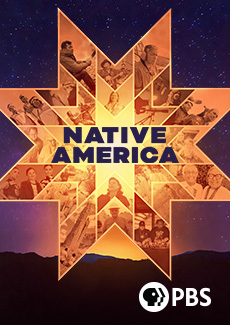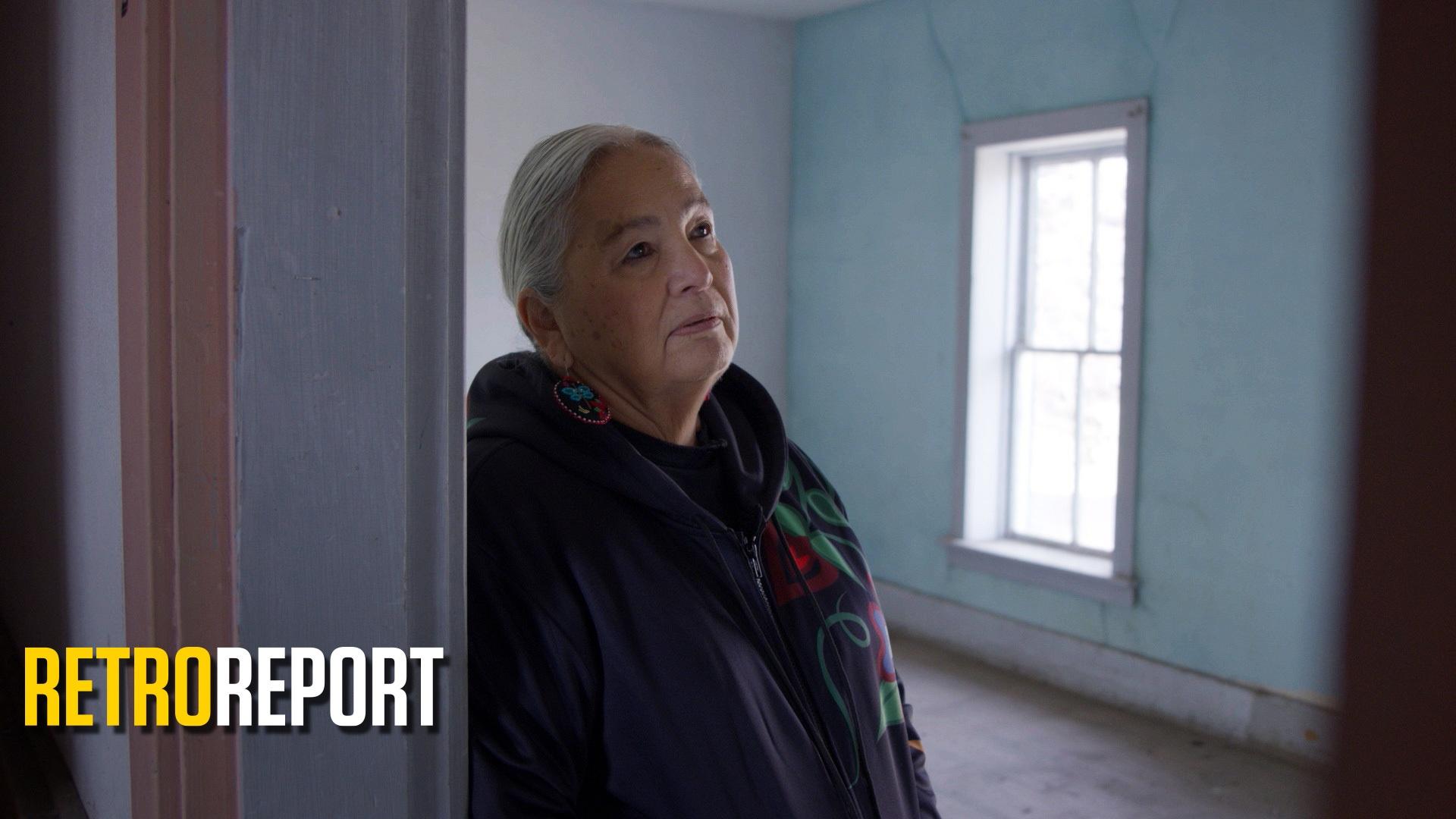
"Aaron Carapella, a self-taught mapmaker in Warner, Okla., has pinpointed the locations and original names of hundreds of American Indian nations before their first contact with Europeans."

"Indigenous Peoples' Day is a time of reflection, recognition and celebration of the role Native people have played in U.S. history, as NPR has reported. One way to mark the day — and to learn about Indigenous history year-round — is to learn which Native lands you live on."

Jean E. Balestrery, PhD, MA, MSW, LICSW, is co-editor and author of "Indigenous Peoples and Dementia: New Understandings of Memory Loss and Memory Care" (UBC Press).

How a string of custody battles over Native children became a federal lawsuit that threatens everything from tribal sovereignty to civil rights.

In this episode, Ms. Agnes Williams, a member of the Seneca Nation, uses her Nation’s experience as a context to discuss cultural appreciation. .

In this episode, Dr. David Patterson describes the Three Sisters and other core ideas that informed the creation and evolution of the Native American Center for Wellness Research.

The Forgotten Creeks documentary trailer provides a brief glimpse into the struggles and determination of the Poarch Creek Indians that ultimately led them to become a sovereign nation and Alabama’s only federally recognized Native American tribe.

Celebrate the power of Native languages and the inspirational people who are saving them. From secret recordings to Star Wars films dubbed in Navajo, follow the revolutionary steps transforming Native America.
Tribal sovereign status for an individual refers to the unique legal and political status of a member of a federally recognized tribe in the United States (National Congress of America Indians, 2020). Here are some key aspects:
It is important to note that the specifics of tribal sovereign status can vary widely among different tribes, as each tribe has the inherent right to establish its own laws and governance structures. For more detailed information, it would be best to refer to the specific laws and regulations of the relevant tribe – see the Tribal Directory of the National Congress of American Indians.
(Reference: National Congress of American Indians (2020). Tribal Nations and the United States: An Introduction. Washington, D.C., February 2020. https://cdn.sanity.io/files/raa5sn1v/production/3e782452a1ed9a2e03425ba035b353f54b2c2e46.pdf)
Why do social workers need to understand religion and spirituality?
Religious and spiritual beliefs can provide a sense of meaning, hope, and resilience, but they can also be sources of conflict, discrimination, or alienation in certain contexts. Social workers are committed to respecting and supporting clients' religious and spiritual identities, recognizing the importance of these aspects in a holistic approach to care. This includes being sensitive to the diverse religious and spiritual beliefs of clients, advocating for religious freedom, and ensuring that services are inclusive, culturally competent, and responsive to the spiritual needs of individuals while also promoting tolerance, respect, and interfaith understanding.
Additional Resources

Acknowledgment is a simple, powerful way of showing respect and a step toward correcting the stories and practices that erase Indigenous people’s history and culture and toward inviting and honoring the truth. Visit www.usdac.us/nativeland to move beyond acknowledgment into action.

A culture deprived of its children will not survive. Yet at one point in our nation's history an alarming number of Native children were removed from their homes and placed with non-Native foster and adoptive homes, damaging the thread connecting the child and their culture.

Through first-person narratives, students are introduced to federally run boarding schools, institutions created to force the assimilation of Native American children into white society.
 The design of this page was adapted in part from Research: By Course, Subject, or Topic, by University of Arizona Libraries, © 2020 The Arizona Board of Regents on behalf of The University of Arizona, licensed under a Creative Commons Attribution 4.0 International License.
The design of this page was adapted in part from Research: By Course, Subject, or Topic, by University of Arizona Libraries, © 2020 The Arizona Board of Regents on behalf of The University of Arizona, licensed under a Creative Commons Attribution 4.0 International License.
